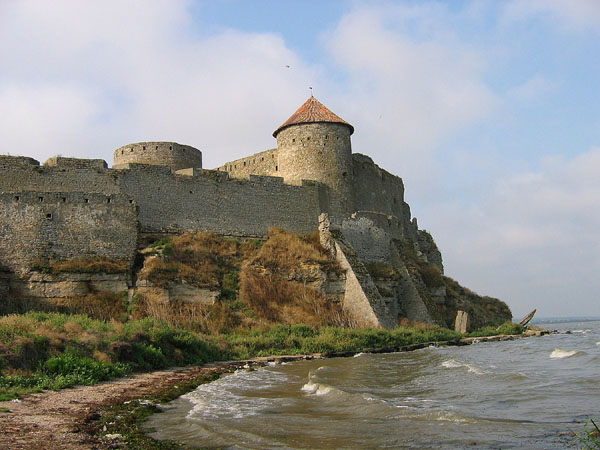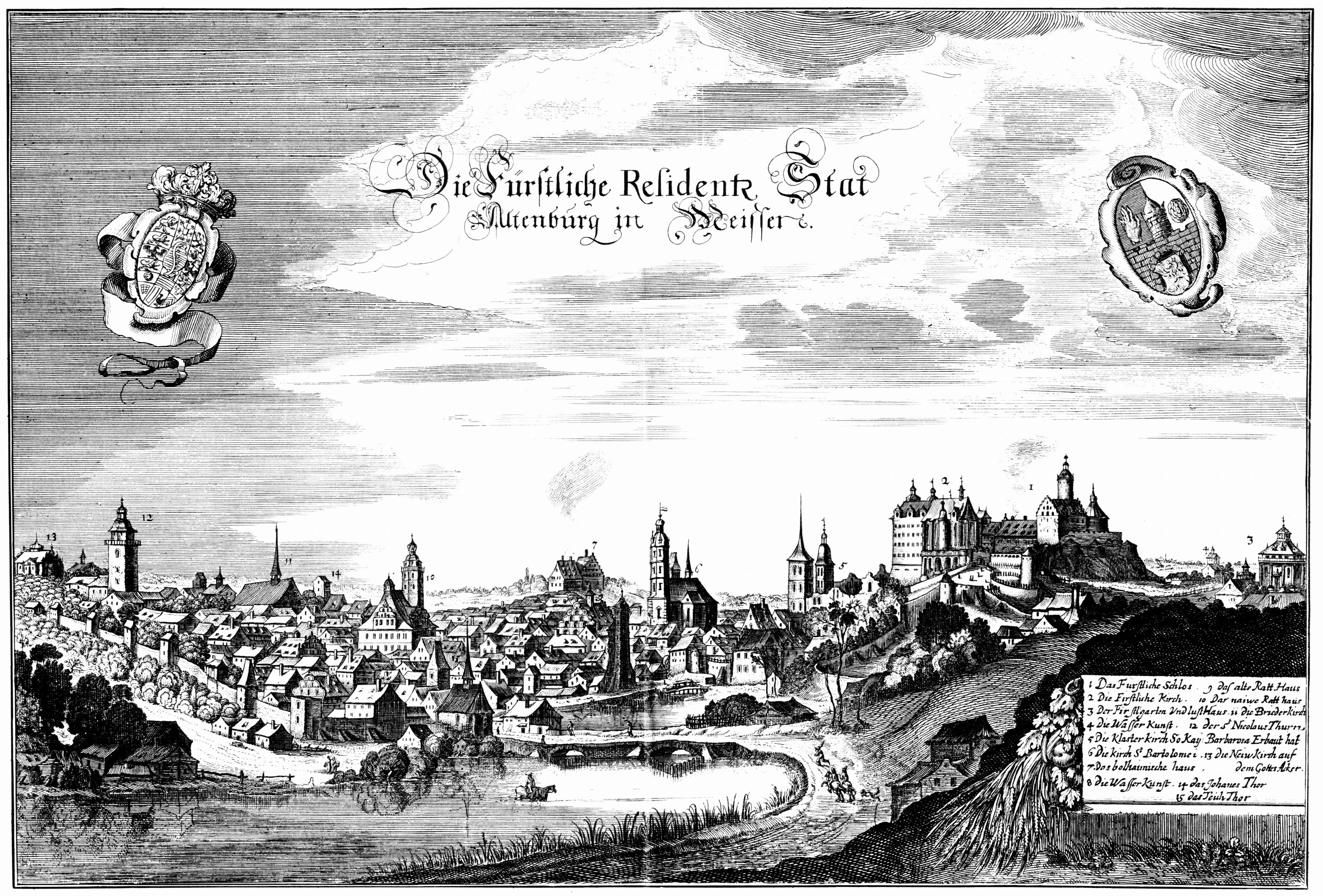|
Albert Hetterle
Albert Hetterle (31 October 1918 – 17 December 2006) was a German actor who also became intendant at the Maxim Gorki Theater in Berlin. Early years Albert Hetterle was born in Petersthal a few weeks after the First World War had ended. His father was a farmer. Petersthal was a small village near Odesa. It had been settled by Black Sea Germans a century or so earlier. Hetterle studied pedagogy and was also trained in acting by Ilse Fogarasi. In 1936 he became a trainee-actor with the Odesa Theatre Collective. This was a German-language traveling theatre company in the Odesa region. In 1937 he joined the same company as an actor. During the early 1940s Ukraine was occupied by Germany, and although fighting across much of the Reichskommissariat Ukraine region was savage, in Odesa, which in 1941 was administratively transferred to Transnistria, Hetterle was able to continue working in the German-language theatre. In 1944, however, as the tide of World War II turned against Germa ... [...More Info...] [...Related Items...] OR: [Wikipedia] [Google] [Baidu] |
Odesa Oblast
Odesa Oblast ( uk, Оде́ська о́бласть, translit=Odeska oblast), also referred to as Odeshchyna ( uk, Оде́щина) is an oblast (province) of southwestern Ukraine, located along the northern coast of the Black Sea. Its administrative centre is the city of Odesa ( uk, Одеса). Population: The length of coastline (sea-coast and estuaries) reaches , while the state border stretches for .Tell about Ukraine. Odessa Oblast 24 Kanal (youtube). The region has eight seaports, over of s, and five of the biggest lakes in Ukraine. One of the largest, |
Opava
Opava (; german: Troppau, pl, Opawa) is a city in the Moravian-Silesian Region of the Czech Republic. It has about 55,000 inhabitants. It lies on the river Opava (river), Opava. Opava is one of the historical centres of Silesia. It was a historical capital of Czech Silesia. Administrative division Opava is made up of eight self-governing boroughs in the suburbs, and of central part which is administered directly. The city is further divided into 14 administrative parts (in brackets): *''Opava'' (Město, Předměstí (larger part), Kateřinky, Kylešovice and Jaktař (larger part)) *Komárov *Malé Hoštice *Milostovice *Podvihov (Komárovské Chaloupky and Podvihov) *Suché Lazce *Vávrovice (Vávrovice, Předměstí (smaller part) and Jaktař (smaller part)) *Vlaštovičky *Zlatníky Geography Opava is situated about northwest of Ostrava. Most of its territory is located in the Głubczyce Plateau, Opava Hilly Land within the Silesian Lowlands, but it also extends to the Nízk ... [...More Info...] [...Related Items...] OR: [Wikipedia] [Google] [Baidu] |
Vassa Zheleznova (play)
''Vassa Zheleznova'' is a play by Russian writer Maxim Gorky. He wrote and published the play in 1910. It was not performed until 1936 after Gorky wrote a new version in 1935. The play was the basis of several films in the Soviet Union, e.g. the 1953 film of the same name, and in France and Germany. See also *''Mother ] A mother is the female parent of a child. A woman may be considered a mother by virtue of having given childbirth, birth, by raising a child who may or may not be her biological offspring, or by supplying her ovum for fertilisation in the cas ...'' (1906) External links *First version 1910 plays 1936 plays Plays by Maxim Gorky {{1910s-play-stub ... [...More Info...] [...Related Items...] OR: [Wikipedia] [Google] [Baidu] |
Maxim Gorky
Alexei Maximovich Peshkov (russian: link=no, Алексе́й Макси́мович Пешко́в; – 18 June 1936), popularly known as Maxim Gorky (russian: Макси́м Го́рький, link=no), was a Russian writer and socialist political thinker and proponent. He was nominated five times for the Nobel Prize in Literature. Before his success as an author, he travelled widely across the Russian Empire changing jobs frequently, experiences which would later influence his writing. Gorky's most famous works are his early short stories, written in the 1890s (" Chelkash", " Old Izergil", and " Twenty-Six Men and a Girl"); plays '' The Philistines'' (1901), '' The Lower Depths'' (1902) and '' Children of the Sun'' (1905); a poem, " The Song of the Stormy Petrel" (1901); his autobiographical trilogy, '' My Childhood, In the World, My Universities'' (1913–1923); and a novel, ''Mother'' (1906). Gorky himself judged some of these works as failures, and ''Mother'' has ... [...More Info...] [...Related Items...] OR: [Wikipedia] [Google] [Baidu] |
Intendant
An intendant (; pt, intendente ; es, intendente ) was, and sometimes still is, a public official, especially in France, Spain, Portugal, and Latin America. The intendancy system was a centralizing administrative system developed in France. In the War of the Spanish Succession of 1701 to 1714 the French royal House of Bourbon secured its hold on the throne of Spain; it extended a French-style intendancy system to Spain and Portugal - and subsequently worldwide through the Spanish Empire and Portuguese Empire. Regions were divided into districts, each administered by an intendant. The title continues in use in Spain and in parts of Spanish America for particular government officials. Development of the system in France Intendants were royal civil servants in France under the Old Regime. A product of the centralization policies of the French crown, intendants were appointed "commissions," and not purchasable hereditary "offices," which thus prevented the abuse of sales of royal ... [...More Info...] [...Related Items...] OR: [Wikipedia] [Google] [Baidu] |
Die Welt
''Die Welt'' ("The World") is a German national daily newspaper, published as a broadsheet by Axel Springer SE. ''Die Welt'' is the flagship newspaper of the Axel Springer publishing group. Its leading competitors are the ''Frankfurter Allgemeine Zeitung'', the ''Süddeutsche Zeitung'' and the ''Frankfurter Rundschau''. The modern paper takes a self-described "liberal cosmopolitan" position in editing, but it is generally considered to be conservative."The World from Berlin" '''', 28 December 2009."Divided ... [...More Info...] [...Related Items...] OR: [Wikipedia] [Google] [Baidu] |
Deutsche Presse-Agentur
Deutsche Presse-Agentur GmbH (dpa) is a German news agency founded in 1949. Based in Hamburg, it has grown to be a major worldwide operation serving print media, radio, television, online, mobile phones, and national news agencies. News is available in seven languages, among them German, English, Spanish and Arabic. The dpa is the largest press agency in Germany with headquarters in Hamburg and the central editorial office in Berlin. It is represented abroad with around 100 locations and maintains 12 state services in Germany with the corresponding offices. The dpa has 660 employees, the turnover was 101 million euros in 2021. History The dpa was founded as a co-operative in Goslar on 18 August 1949 and became a limited liability company in 1951. Fritz Sänger was the first editor-in-chief. He served as managing director until 1955 and as managing editor until 1959. The first transmission occurred at 6 a.m. on 1 September 1949. In 1986, the dpa founded Global Media Services (G ... [...More Info...] [...Related Items...] OR: [Wikipedia] [Google] [Baidu] |
The Robbers
''The Robbers'' (', ) is the first drama by German playwright Friedrich Schiller. The play was published in 1781 and premiered on 13 January 1782 in Mannheim, Germany, and was inspired by Leisewitz' earlier play ''Julius of Taranto''. It was written towards the end of the German ''Sturm und Drang'' ("Storm and Stress") movement, and many critics, such as Peter Brooks, consider it very influential in the development of European melodrama. The play astounded its Mannheim audience and made Schiller an overnight sensation. It later became the basis for Verdi's opera of the same name, '' I masnadieri''. Plot and description The plot revolves around the conflict between two aristocratic brothers, Karl and Franz Moor. The charismatic but rebellious student Karl is deeply loved by his father. The younger brother, Franz, who appears as a cold, calculating villain, plots to wrest away Karl's inheritance. As the play unfolds, both Franz's motives and Karl's innocence and heroism are ... [...More Info...] [...Related Items...] OR: [Wikipedia] [Google] [Baidu] |
Friedrich Schiller
Johann Christoph Friedrich von Schiller (, short: ; 10 November 17599 May 1805) was a German playwright, poet, and philosopher. During the last seventeen years of his life (1788–1805), Schiller developed a productive, if complicated, friendship with the already famous and influential Johann Wolfgang von Goethe. They frequently discussed issues concerning aesthetics, and Schiller encouraged Goethe to finish works that he had left as sketches. This relationship and these discussions led to a period now referred to as Weimar Classicism. They also worked together on ''Xenien'', a collection of short satirical poems in which both Schiller and Goethe challenge opponents of their philosophical vision. Early life and career Friedrich Schiller was born on 10 November 1759, in Marbach, Württemberg, as the only son of military doctor Johann Kaspar Schiller (1733–1796) and Elisabetha Dorothea Schiller (1732–1802). They also had five daughters, including Christophine, the eldest. ... [...More Info...] [...Related Items...] OR: [Wikipedia] [Google] [Baidu] |
Halle (Saale)
Halle (Saale), or simply Halle (; from the 15th to the 17th century: ''Hall in Sachsen''; until the beginning of the 20th century: ''Halle an der Saale'' ; from 1965 to 1995: ''Halle/Saale'') is the largest city of the Germany, German States of Germany, state of Saxony-Anhalt, the fifth most populous city in the area of former East Germany after (East Berlin, East) Berlin, Leipzig, Dresden and Chemnitz, as well as the List of cities in Germany by population, 31st largest city of Germany, and with around 239,000 inhabitants, it is slightly more populous than the state capital of Magdeburg. Together with Leipzig, the largest city of Saxony, Halle forms the polycentric Leipzig-Halle conurbation. Between the two cities, in Schkeuditz, lies Leipzig/Halle Airport, Leipzig/Halle International Airport. The Leipzig-Halle conurbation is at the heart of the larger Central German Metropolitan Region. Halle lies in the south of Saxony-Anhalt, in the Leipzig Bay, the southernmost part of the N ... [...More Info...] [...Related Items...] OR: [Wikipedia] [Google] [Baidu] |
Erfurt
Erfurt () is the capital and largest city in the Central German state of Thuringia. It is located in the wide valley of the Gera river (progression: ), in the southern part of the Thuringian Basin, north of the Thuringian Forest. It sits in the middle of an almost straight line of cities consisting of the six largest Thuringian cities forming the central metropolitan corridor of the state, the "Thuringian City Chain" ('' Thüringer Städtekette'') with more than 500,000 inhabitants, stretching from Eisenach in the west, via Gotha, Erfurt, Weimar and Jena, to Gera in the east. Erfurt and the city of Göttingen in southern Lower Saxony are the two cities with more than 100,000 inhabitants closest to the geographic center of Germany. Erfurt is located south-west of Leipzig, north-east of Frankfurt, south-west of Berlin and north of Munich. Erfurt's old town is one of the best preserved medieval city centres in Germany. Tourist attractions include the Merchants' Bridge (''K ... [...More Info...] [...Related Items...] OR: [Wikipedia] [Google] [Baidu] |
Altenburg
Altenburg () is a city in Thuringia, Germany, located south of Leipzig, west of Dresden and east of Erfurt. It is the capital of the Altenburger Land district and part of a polycentric old-industrial textile and metal production region between Gera, Zwickau and Chemnitz with more than 1 million inhabitants, while the city itself has a population of 33,000. Today, the city and its rural county is part of the Central German Metropolitan Region. Altenburg was first mentioned in 976 and later became one of the first German cities within former Slavic area, east of the Saale river (as part of the medieval Ostsiedlung movement). The emperor Frederick I, Holy Roman Emperor, Frederick Barbarossa visited Altenburg several times between 1165 and 1188, hence the town is named a Barbarossa city, Barbarossa town today. Since the 17th century, Altenburg was the residence of different House of Wettin, Ernestine duchies, of whom the Duchy of Saxe-Altenburg, Saxe-Altenburg persisted until th ... [...More Info...] [...Related Items...] OR: [Wikipedia] [Google] [Baidu] |








